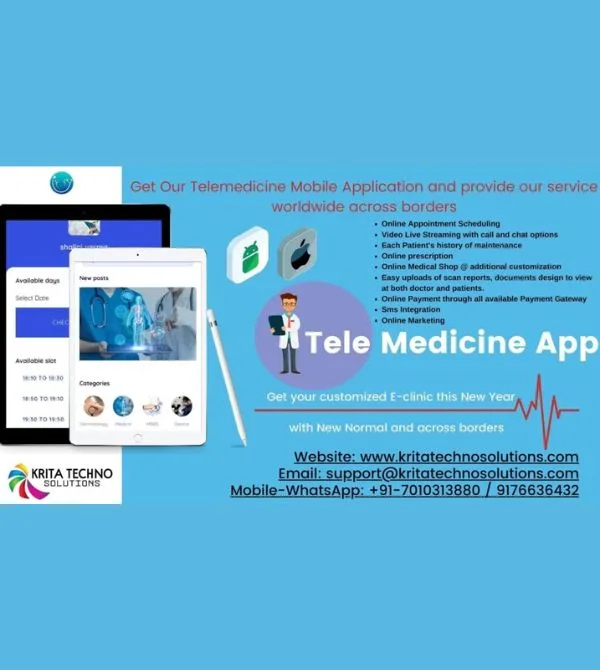
In today’s interconnected world, where data breaches and cyberattacks have become all too common, the importance of cybersecurity cannot be overstated. Developers play a pivotal role in safeguarding digital systems, applications, and user information. In this blog post, we will explore essential cybersecurity best practices for developers to help you build a robust digital fortress.
With 9+ years of experience in the industry and a wealth of knowledge about the latest Web technologies, media trends and best practices, we are well-equipped to help you achieve your marketing goals.
Understanding the Cybersecurity Landscape
Before delving into best practices, let’s briefly understand the cybersecurity landscape. Cyber threats are continually evolving, and developers need to stay one step ahead. Here are some common threats:
1. Malware: Malicious software that can infiltrate systems and steal data.
2. Phishing: Deceptive emails or websites designed to trick users into revealing sensitive information.
3. SQL Injection: Exploiting vulnerabilities in databases to access or manipulate data.
4. DDoS Attacks: Overwhelming a system with traffic to make it unavailable.
5. Zero-Day Vulnerabilities: Unpatched software vulnerabilities that attackers exploit.
- Top Cybersecurity Best Practices for Developers
1. Keep Software Up-to-Date:
Regularly update your development tools, frameworks, libraries, and dependencies. Using outdated software can expose vulnerabilities.
2. Implement Strong Authentication:
Use multi-factor authentication (MFA) for access control and encourage users to do the same. It adds an extra layer of security.
3. Data Encryption:
Encrypt sensitive data both at rest and in transit. Secure Sockets Layer (SSL) and Transport Layer Security (TLS) are essential for web applications.
4. Input Validation:
Sanitize user inputs to prevent SQL injection and other injection attacks. Always validate and sanitize data from external sources.
5. Least Privilege Principle:
Limit user and application permissions to the bare minimum necessary. Avoid running applications with root or administrator privileges.
6. Security Testing:
Regularly conduct security assessments such as code reviews, penetration testing, and vulnerability scanning.
7. API Security:
Secure your APIs by implementing authentication, authorization, rate limiting, and monitoring.
8. Patch Management:
Quickly apply security patches and updates. Create a process to stay informed about vulnerabilities in your software stack.
9. Error Handling:
Implement proper error handling to prevent exposing sensitive information in error messages.
10. Security Training:
Train your development team on cybersecurity best practices. Security is a shared responsibility.
11. Backup and Disaster Recovery:
Regularly back up your data and have a disaster recovery plan in place. Ransomware attacks can be mitigated with good backups.
12. Security by Design:
Integrate security into your development process from the start. Use secure coding practices and threat modeling.
13. User Education:
Educate your users about safe online practices to prevent social engineering attacks like phishing.
14. Incident Response Plan:
Develop an incident response plan to effectively handle security incidents and breaches.
15. Compliance:
Ensure that your applications comply with relevant data protection regulations, such as GDPR or HIPAA.
Conclusion
In the digital age, cybersecurity is a collective responsibility, and developers are at the forefront of this battle. By following these cybersecurity best practices, you can contribute to creating a safer digital environment for your users and protect your organization from cyber threats. Stay vigilant, keep learning, and adapt to the ever-changing cybersecurity landscape to build a strong digital fortress.
For Contact:
📞 IN : +91 7010313880 / +91 9176636432
📞 US : +1 469 740 1269 / +1 469 638 3470
✉️ Email: support@kritatechnosolutions.com
🌐 Website: https://kritatechnosolutions.com/






